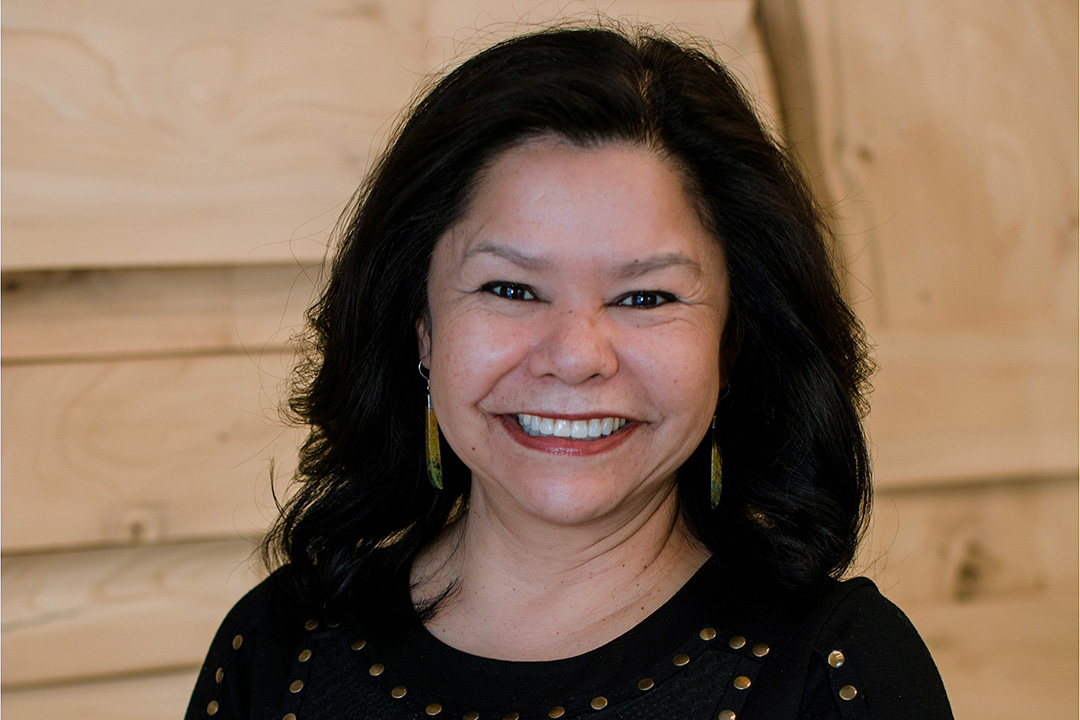
Fourth Annual māmowi āsohētetān Internal Truth and Reconciliation Forum
The Office of the Vice-Provost Indigenous Engagement will be facilitating the University of Saskatchewan’s (USask) 4th Annual māmowi āsohētetān Internal Truth and Reconciliation Forum for members of the USask community on March 26, 2021.
By OVPIE COMMUNICATIONSThis year marks five years since the Truth and Reconciliation Commission of Canada (TRC) released the final report and 94 Calls to Action, and six years since USask hosted the first national reconciliation forum at USask and at Wanuskewin Heritage Park. USask’s first Internal Truth and Reconciliation Forum was held in 2017, bringing faculty, staff, students, and community together to listen, learn, and engage in dialogue with local and national leaders on all topics related to reconciliation.
COVID-19 restrictions have led to this year’s internal forum moving to a virtual platform and organizers are optimistic about this new opportunity. A virtual event will allow for greater participation, while still offering breakout sessions for smaller group dialogue. The 2021 agenda is centered on the theories, principles and practices of anti-racism and anti-oppression, and presents further opportunities for focused conversations.
USask’s Dr. Verna St. Denis (PhD), a highly accomplished scholar with extensive expertise on anti-racism and anti-oppressive education, will serve as this year’s keynote speaker. St. Denis is Cree and Métis and a member of Beardy’s and Okemasis’ Cree Nation. She received her PhD in the anthropology of education from Stanford University, and now specializes in anti-racist and anti-oppressive education in the Department of Educational Foundations within the College of Education.
“Knowledge is key to understanding and potentially challenging the effects and processes of reconciliation that have historically, legally, and politically divided us,” said St. Denis. “Alliances can be made within and across diversity within Indigenous and non-Indigenous peoples. It is important that we address the anti-racism and anti-oppression, both in our educational institutions and in our communities.”
More recently, St. Denis was appointed as Special Advisor to the President on Anti-Racism and Anti-Oppression. She is also chair of USask’s Anti-Racism and Anti-Oppression Committee and will support the evolution of its mandate, along with creating an anti-racism and anti-oppressive educational program for senior leadership.
The internal forums have grown in complexity and capacity. The 3rd Annual māmowi āsohētetān Internal Truth and Reconciliation Forum drew a lot of interest, and the room capacity of 250 people was easily reached. A theme that emerged from the event was the need to address racism and oppression on campus, in order for meaningful Indigenization and reconciliation can be experienced.
“This year’s theme, which focuses on anti-racism and anti-oppression, emerged from the table facilitator and notetakers’ interpretations of the table conversations, the post-it notes to the broad questions that were asked, pre- and post-survey results, and the general comments that we received from the 2020 event,” explained Dr. Jacqueline Ottmann (PhD), vice-provost Indigenous Engagement at USask.
“This topic matters to our community, as does making structural and systemic changes that support equity, and an anti-racist/anti-oppressive, accepting and welcoming institutional culture and climate. By engaging in difficult but respectful conversations based on truth, we can dig deep and create real and sustainable change that will benefit us all. I’m hopeful.”
USask’s 4th Annual Internal māmowi āsohētetān Truth and Reconciliation Forum is one of many Indigenization, decolonization and reconciliACTION initiatives underway on campus. As with the University Plan 2025, Indigenous wisdoms, knowledges, cultures, traditions, histories, lived experiences and stories continue to inform our collective future. This important work has us embrace manachitowin (respecting one another), communicate actively, and engage constructively.

